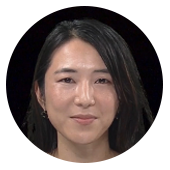China does not recognize same-sex marriage and according to activists, the LGBTQ community is discriminated against and excluded. The 36 openly LGBTQ athletes who took part in the Beijing Games were given hardly a mention.
That figure is more than double the number of LGBTQ competitors at the PyeongChang Winter Games in 2018 and five times the number at the Sochi Winter Games in 2014, according to Outsports, a website that covers LGBTQ representation in sports.
American athlete Timothy LeDuc made history in Beijing as the first openly non-binary Winter Olympian. The figure skater spoke about challenging gender stereotypes and building understanding.
"Gender is so expansive. Gender is not binary. There are people that land in the binary and people that don't," says LeDuc. "I hope that me being open and authentic helps to move that conversation forward and helps people understand more that people can exist and be amazing athletes and still exist outside of the binary."
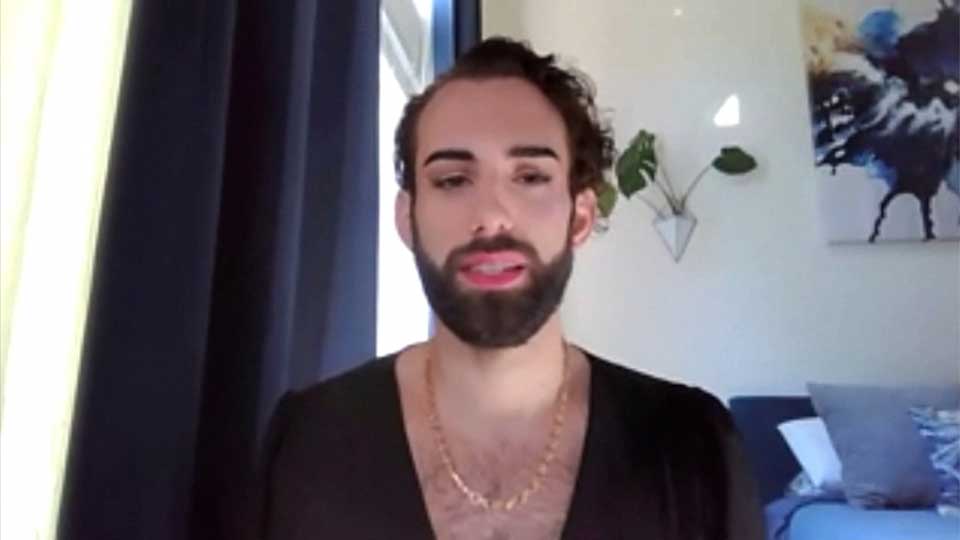
Little social impact in China
But stories like LeDuc's did not reach anyone in China, where LGBTQ content is largely restricted.
"Chinese media don't report on LGBTQ athletes, so there's no big impact [for awareness and understanding]," says Sun Wenlin, a gay rights activist in mainland China.
Sun has tried to promote gay marriage legislation in China. He unsuccessfully sued local authorities for refusing to issue him and his same-sex partner a marriage registration certificate in 2016.
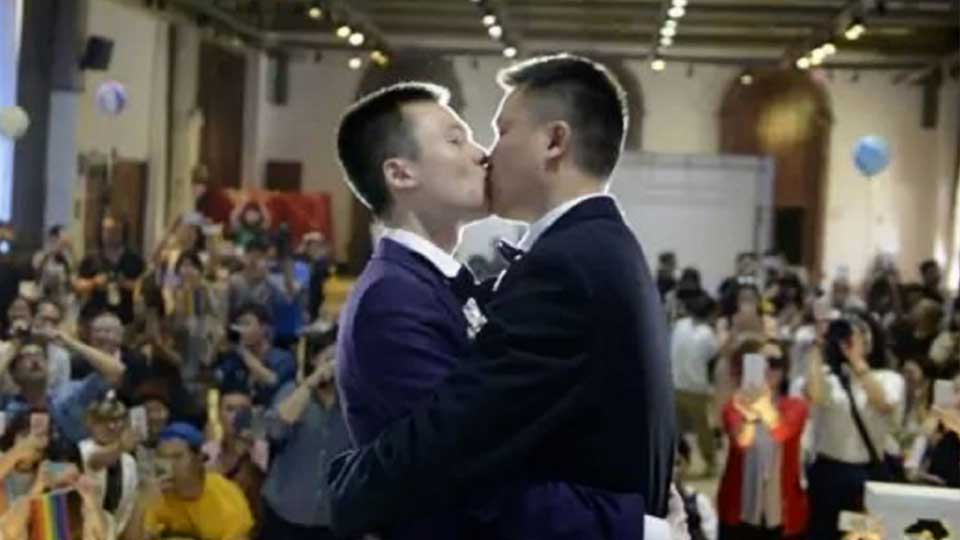
Experts say the Olympic spirit can bring about real social change – noting that much of the UK legalized gay marriage soon after hosting the Games in 2012. Tokyo adopted an anti-discrimination ordinance aimed at protecting the LGBT community during the lead-up to 2020.
But none of that is happening in China. Professor Suzuki Ken of Meiji University, an expert in Chinese law for sexual minorities, says Beijing has instead increased restrictions on LGBTQ spaces, both in person and online, in recent years. Suzuki says the community faces discrimination and exclusion.
Chukyo University sports science professor Raita Kyoko also notes the Beijing Games do not appear to have altered the host country's approach to human rights.
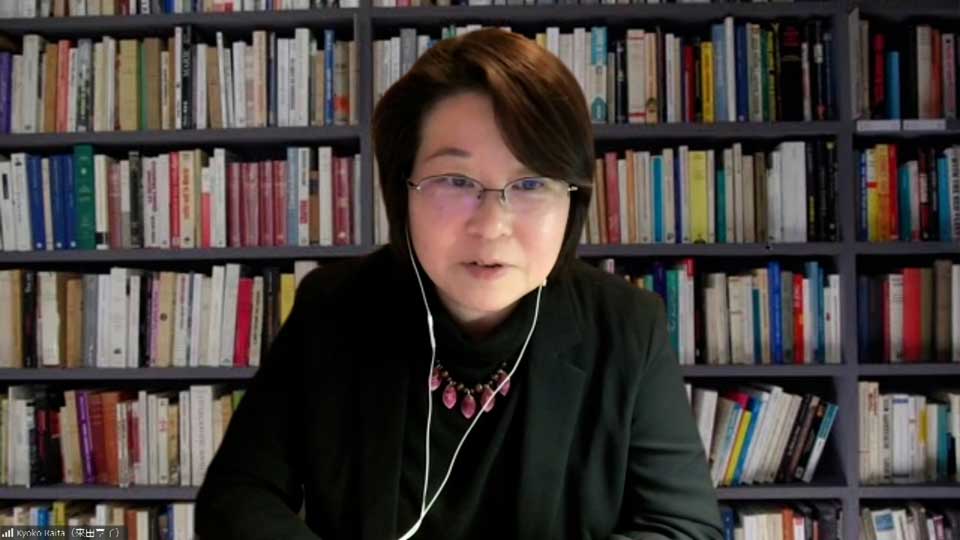
"The ripple effect on human rights issues will be minimal if the host nation only finds significance in holding the sporting event, instead of what is left behind after the Olympic Games are over," she says. "And I'm afraid that's the case for China this time."
LGBTQ community battles on
Although the country decriminalized homosexuality in 1997 and removed it from an official list of psychiatric disorders in 2001, many people still prefer not to come out to their families because of the social stigma.
Sun, the 33-year-old activist who wants his marriage recognized, came out to his family at the age of 14. He says social progress is slow on LGBTQ issues because education and media coverage – two factors that could change people's attitudes – are restricted by the government.
"I have lobbied [lawmakers] at the National People's Congress, participated in a number of seminars, urged people to submit opinions on the civil code and done other things I can think of, but we haven't been successful," he says.
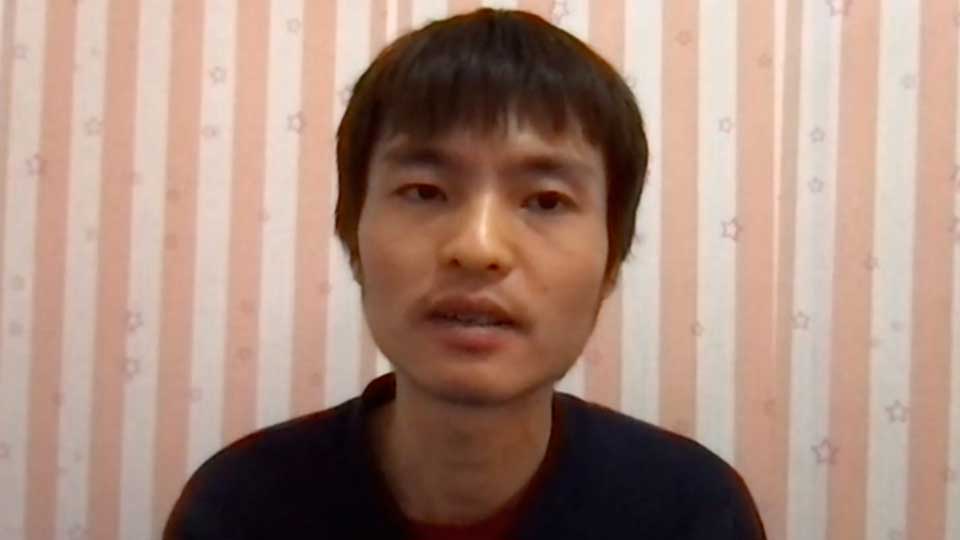
Sun vows he won't stop fighting until people like him have the same rights as the mainstream and can live as exactly who they are.
"No matter how many restrictions have been put in place, there have always been people in the country who raise their voices, and continue to advocate. That includes me. I'm working hard to get many Chinese people to understand our community," Sun says. "If you stop making efforts, we can achieve nothing. We can only make it happen if we keep on with our efforts."

